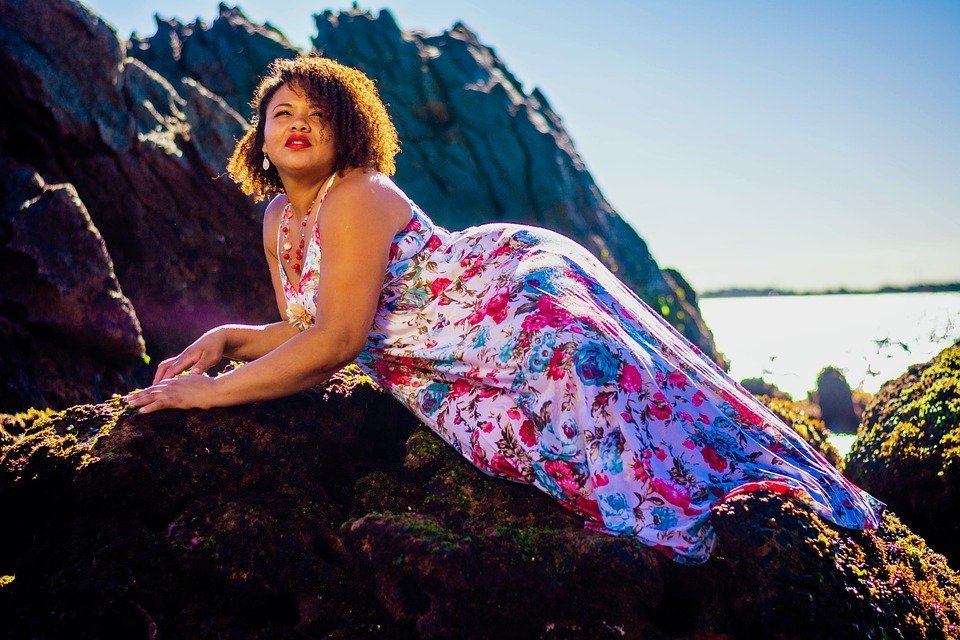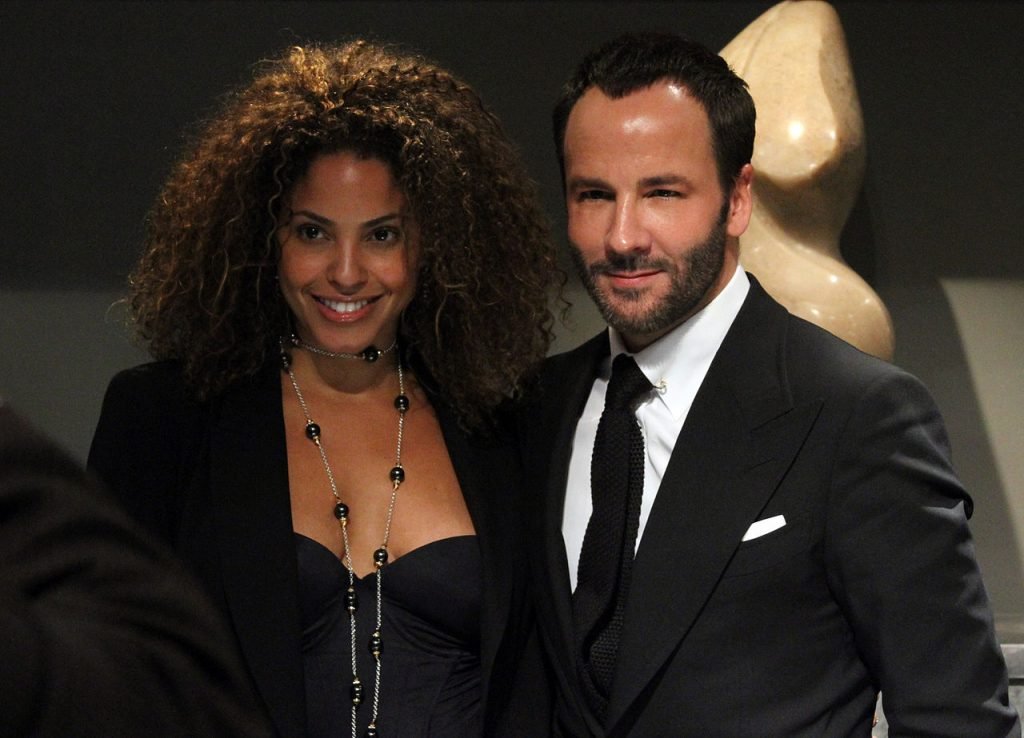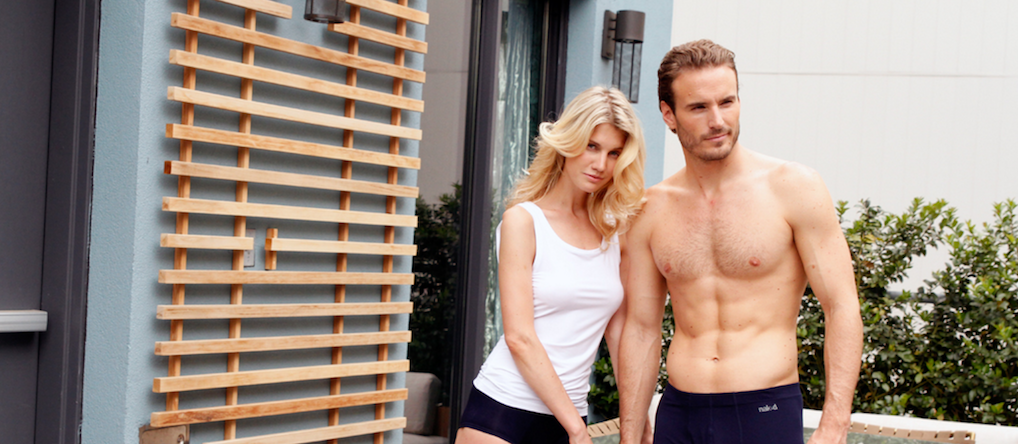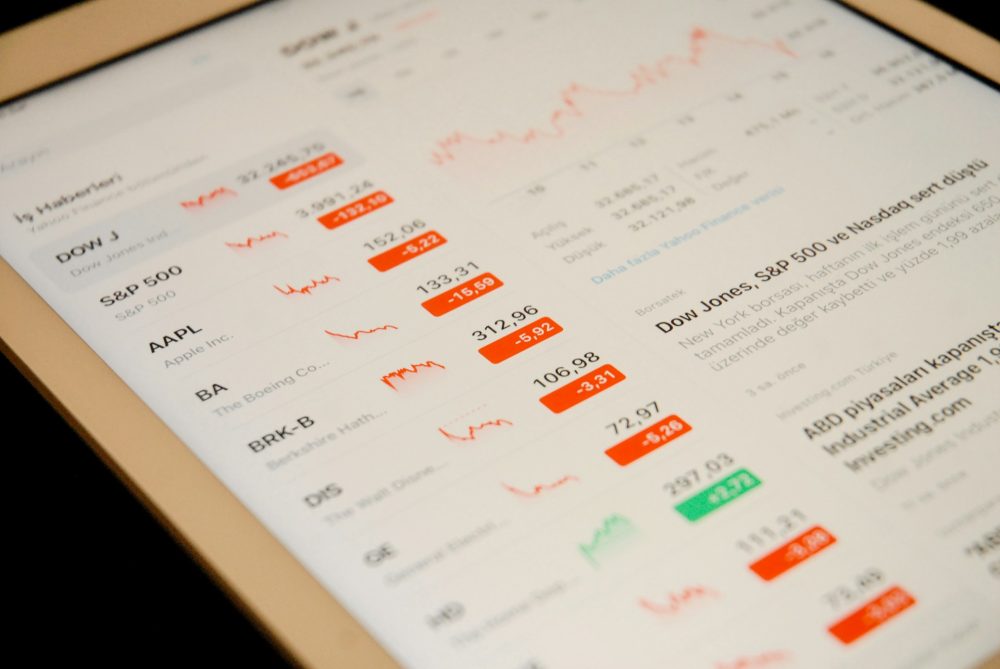Business
Is it high time to get rid of the term ‘plus-size’?
The term “plus-size” is derogatory and creates a distorted image of beauty among women.

In the age of political correctness, it’s no longer surprising to encounter a new wave of advocacy like the one that pushes the total banning of the term ‘plus-size,’ a phrase many viewed as derogatory.
In February, Australia’s Biggest Loser host Ajay Rochester initiated a social media campaign in hopes of educating people on how insulting the phrase is. She also said that it is not only damaging the reputation of models above size 10, but also creating a distorted idea of beauty among regular women. For her, it’s enough to call a model a woman, nothing more.
The body shaming campaign has gained support from various models in and outside of Australia, most notably Stefania Ferrario. The online rant turned out to be the beginning of something big, as it has now become a massive global campaign called #DropThePlus.
In the fashion industry, the term ‘plus-size’ is a word that publishers, organizers, and agencies use to categorize a model. Thus, a plus-size model refers to someone that represents or models for plus-size apparel, which, according to experts, starts at size 12.

Tonya Pittman (left, pictured) is one of the plus-size models. (Photo by noision1 via Wikimedia Commons. CC BY 2.0)
However, as there are also plus-size models modelling for non-clothing brands such as make-up, footwear, or any product for that matter, it typically refers to those who are voluptuous, or whose build is a bit larger than those of ‘regular’ ones, who are typically thin.
In the ’70s, models above size 10 were also called ‘large-size models.’
But for plus-size writer Bethany Rutter, Rochester’s campaign is nothing but vanity.
“This accurate observation, though, has been buried deep in the layers of Ferrario and Rochester’s idea, and rather than accepting that women are, on the whole, getting fatter, they are asking us to pretend there is no ‘fat’ or ‘thin,’” Rutter wrote in The Telegraph.
Rutter also argued that ignoring the nuance between the two adjectives is like being ashamed of your natural build and size, which is against the modern definition of beauty.
As everyone knows, there has been an unspoken crusade initiated by brands in which beauty is described as an asset that goes beyond race, color, size, et cetera. The most notable of which are Dove’s Beauty Campaign and The Body Shop’s Beauty with Heart. There were also numerous instances when brands were urged to apologize publicly for presenting a wrong notion of beauty.
There’s also a brand that tackles the issue in a manner subtle and unique.
The emerging Canadian luxury underwear Naked Brand Group, Inc. has never used a popular face to represent its brand. Moreover, it never dived into categorizing its products as well. The brand believes that the products’ unique features and not who wears it will do the job. Not even putting a label in them—or categorising them by the wearer’s size should dictate their saleability.

Models wearing the Naked brand (Source)
The brand has successfully entered the underwear market without creating controversies or offending groups. For Naked, beauty is all about being comfortable in yourself and in what you wear.
However, for Rutter, there’s nothing offensive about using the term ‘plus-size.’ Instead, she considers it empowering, and refusing to be categorised as such is a form of denial.
“How, then, are we meant to see this as anything other than a vanity campaign in the most literal sense? A professional model’s vanity is wounded by being lumped in with the Actual Fatties, so we must all ‘drop the plus’ to make this conventionally beautiful woman feel better about herself,” she wrote.
“In her [Rochester] own words, she is not proud to be called ‘plus’, and that is because our culture vilifies fatness. Drop the Plus is a campaign that wants to tackle the stigma of being seen as fat without tackling the stigma of being fat. It is a campaign that dances around the edges,” she added.
So which side are you on?
—
This article may include forward-looking statements. These forward-looking statements generally are identified by the words “believe,” “project,” “estimate,” “become,” “plan,” “will,” and similar expressions. These forward-looking statements involve known and unknown risks as well as uncertainties, including those discussed in the following cautionary statements and elsewhere in this article and on this site. Although the Company may believe that its expectations are based on reasonable assumptions, the actual results that the Company may achieve may differ materially from any forward-looking statements, which reflect the opinions of the management of the Company only as of the date hereof. Additionally, please make sure to read these important disclosures.

-

 Markets2 weeks ago
Markets2 weeks agoNavigating the Fourth Turning: Cycles of Crisis and Opportunity
-

 Cannabis4 days ago
Cannabis4 days agoIs Aurora Cannabis Stock a Risk Worth Taking?
-

 Impact Investing2 weeks ago
Impact Investing2 weeks agoEU Eases CO2 Tax Burden on SMEs with Revised CBAM Rules
-

 Business6 days ago
Business6 days agoAmerica’s Debt Spiral: A $67 Trillion Reckoning Looms by 2035

























